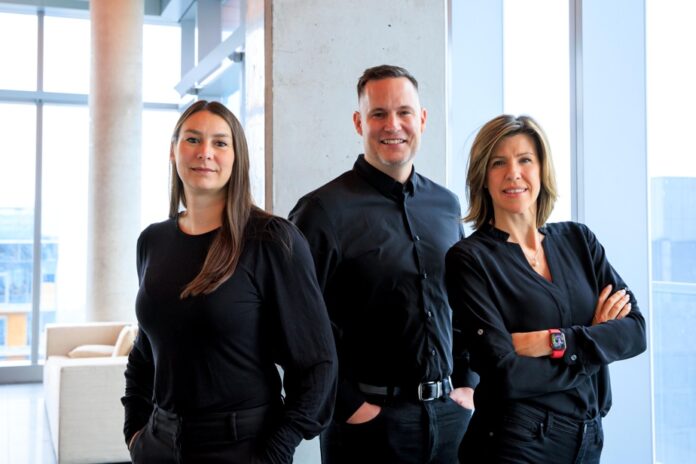A first Quebec firm of personalized recruitment for non-profit organizations (NPOs), charities and foundations opens its doors this Tuesday. The Engagés platform will also be the first job search site in the social and environmental commitment sector. Job seekers now attach more importance to the meaning of their work, to the values and culture of the organization for which they intend to work, explains co-founder Brigitte Skeene, who specifies that NPOs are more open to atypical profiles. “People who have transferable skills, who want to make career changes are considered. The other co-founder, Pascal Lépine, adds that recruitment firms do not know the specific needs of NPOs, where they are looking for volunteer team managers, planned giving managers, for example. “The innovation component of Engagés is our approach with banks of hours that corresponds more to the clientele we serve, the NPOs. We support them according to their needs, ”says Pascal Lépine, also founder of the Atypic agency, which joined forces with Talent IQ to create Engagés.
According to former RONA President Robert Dutton, the chorus of the song popularized by Gerry Boulet The Eyes of the Heart perfectly describes the traits of an authentic leader, reports the magazine Portail de l’assurance: Today, I see the life/With the eyes of the heart/I’m more sensitive to the invisible/To everything inside. “It’s the poetic version of the first quality of a leader,” said Robert Dutton during a leadership conference delivered to some 450 financial advisors at the ProLab training activity in Montreal. True leaders are first interested in people, observed the one who is now a professor at HEC Montreal and co-director of the Entrepreneurship, Business Succession and Family Business Unit at HEC Montreal. He argued that getting people to make the decision that best promotes their interests is the essence of leadership. “Whether you are a manager of a large organization, a small team, or even a financial planner who works alone. Authoritarian bosses have no leadership, he compared. “They wield power. They know. They give orders and instructions. »
According to the Federal Reserve Bank of Atlanta, which tracks wage growth in the United States, job changers were paid 7.6% more in April than a year earlier. Employees loyal to their employer were only paid 5.6% more. A little promiscuity from others can help those who choose to stay where they are, observes The Economist. A paper by Nathan Deutscher, a treasury official in Australia, found that higher rates of job switching in Australian local labor markets were associated with faster wage growth, both for workers who switched employment only for those who have not done so. Pay raises and careers are built on people changing jobs. Truly loyal employees tend to get insignificant rewards, the British magazine points out. The famous extra week of vacation for 25 years of service is a good example.
To take the pulse of an industry, an unexpected tool has just emerged: TikTok. Whether it’s discussing a profession, the reality on the ground, giving advice on everyday work, cuts or quit rates, TikTok users are more interested than ever in professions and expertise of their professionals, observes Employee Benefit News (EBN) magazine. Which are getting the most attention? An American organization that promotes the quality of nursing has compared the number of views in content focused on professions. According to the Registered Nurse.org compilation, doctor tops with 61.5 billion views, followed closely by teacher, who garners 61.3 billion, and nurse in third place with 41.7 billion. Next come: 4. chef (35.1 billion), 5. dentist (32.8 billion), 6. pilot (19.9 billion), 7. chiropractor (18.6 billion), 8. electrician (12.7 billion), 9. lawyer (12.4 billion), 10. fireman (12.4 billion), 11. policeman (9.7 billion), 12. veterinarian (8.8 billion), 13. accountant (8.7 billion), 14. personal trainer (8.4 billion) and 15. orthodontist (4.1 billion).
The outdated one-size-fits-all approach is no longer effective, claims Forbes magazine. Employees are increasingly demanding personalized work environments. Whether it is the autonomy to choose the social benefits that suit their particular situation as young parents or adults at the end of their career, or even tailor-made training to increase the productivity of a sector and advancement rather than those obligatory for all and irrelevant. Both of these avenues improve employee satisfaction and productivity. High turnover rates, presenteeism, and toxic work cultures are symptoms of a larger problem: the inability to meet individual needs, Forbes points out. Employers who can deliver personalized experiences have the potential to tap into untapped talent, reduce turnover costs and unlock the full potential of their workforce. The future of work is here, says the American magazine.















